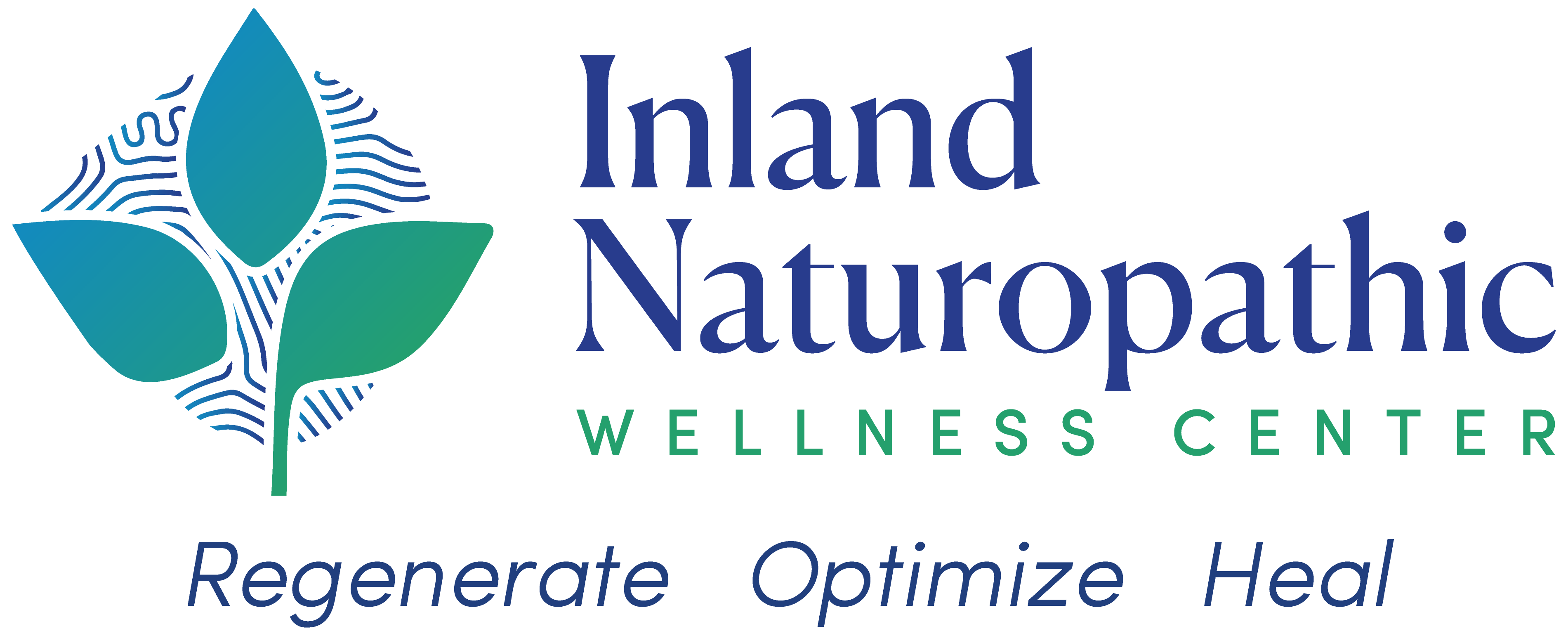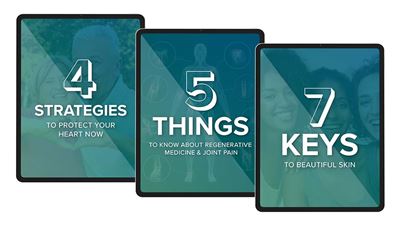You would do well to know your vitamin D status as deficiencies in this hormone like vitamin are not only epidemic but have far wider health implications than once believed. Some researchers estimate that upwards of 50% of the population may be vitamin D deficient. So much light has been shed on vitamin D that there has been a major shift in the way we understand and view it.
Why is Vitamin D Deficiency so Common?
Deficiencies in vitamin D are epidemic and have drastic consequences. Most of our vitamin D comes from the activation of a pre-vitamin D like compound in our skin from ultra-violet sun rays before further processing in the liver and then kidney to the active form. However, there has been a steady downward trend in sun exposure due in part to the increasing indoor life style of our technological culture. Public health warnings directed towards avoiding the sun and sun screen usage due to skin cancer risk have likely contributed to increasing rates of vitamin D deficiency also. Other factors compounding the problem include winter months where sunlight is less available and living in a more northern climate where there is less year round sunlight.
Recommendations for Vitamin D testing
If you don’t know your vitamin D status you can find out with a simple blood test. Vitamin D deficiency can be corrected with vitamin D supplementation and controlled sun exposure. Consuming the small recommended dietary allowance of 400 IU is inadequate in correcting deficiency. The appropriate dose to restore vitamin D deficiency depends on your current vitamin D status, risk factors, and illnesses. A daily dose of 1,000 to 2,000 IU is adequate for most non-deficient individuals but may do little to correct significant deficiencies. Supplementation with inappropriately high doses over long periods of time can lead to toxicity. After supplementation, levels should be retested to ensure vitamin D has been restored to optimal levels. Knowing your vitamin D status is a simple, proactive way to protect your health.



